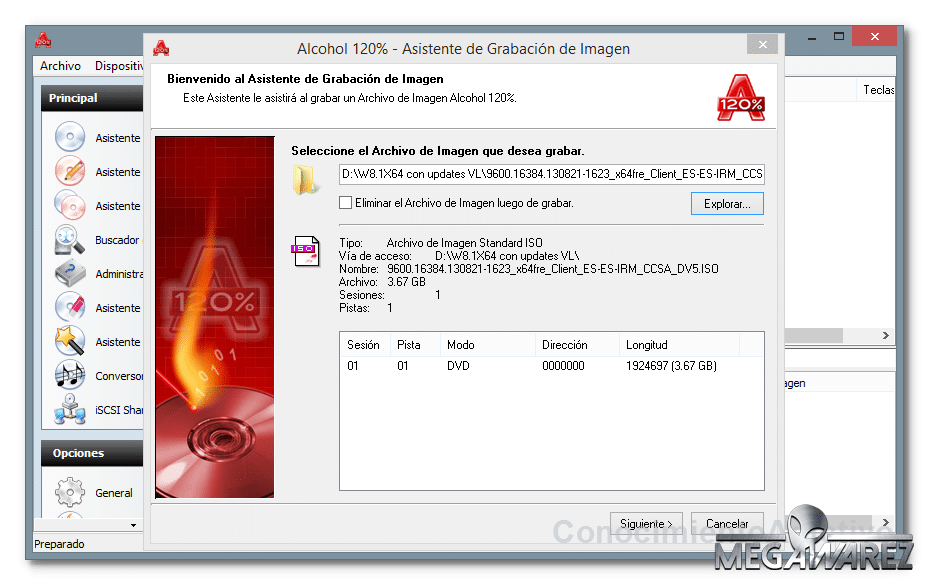

Believe me when I say the ingredient label is only one piece of the puzzle. There are so many nuances like this when it comes to product formulations. Even as a product formulator like myself, or a cosmetic chemist like Valerie, you can’t see dimethicone on an ingredient label and know which weight was used. Dimethicone can feel really emollient or occlusive at certain weights, while at others it may feel dry and evaporate almost immediately. This can make a huge difference in the texture of a product. As I mentioned in this post about silicones, dimethicone can come in many different weights. Dimethicone is a popular type of silicone used in lots of different skincare products. These can all make a HUGE difference when it comes to the actual performance of a skincare product, and none of these things can be gleaned from reading a label. There are too many factors at play: quality of ingredients, percentage of ingredients used, type of delivery system used for active ingredients, and the pH of a product, to name a few. If you’ve read my blog before, you already know my stance that you can’t judge a product based on the ingredient label. Can I Tell If a Product Is a Dupe by Comparing Ingredient Labels?
#LISCENSE KEY FOR DUPE AWAY SKIN#
(For example, you couldn’t simply compare two exfoliating masks that both use AHAs and bromelain enzymes and say they’re dupes of each other.) They have to be close enough in appearance and skin feel that someone would be completely satisfied with the whole experience and performance of a product. Valerie notes, however, that it takes more than just a few key ingredients for a product to be considered a dupe. As a chemist, I’m asked to mimic the appearance, function, marketing ingredients, and sometimes fragrance to create a dupe of a product.” “Brands that are usually in a lower price bracket are inspired by other successful products on the market, which are sold in a higher price bracket. “As a cosmetic chemist, I encounter this all the time,” Valerie says.

What Does it Take for a Product to Be Considered a Dupe?įirst thing’s first: skincare dupes are definitely a real thing. I also spoke with Valerie George, cosmetic chemist and co-host of Beauty Brains Podcast, for her point of view on skincare dupes.
#LISCENSE KEY FOR DUPE AWAY HOW TO#
In this post, I’ll address whether dupes are real or a myth, how to find them, and when you should splurge on your skincare. A dupe, or duplicate, is a product that matches the look, feel, main ingredients, and results of a (usually) more expensive product on the market. This leads many people down the path of skincare dupes. There’s no doubt that putting together and maintaining a skincare routine can be an expensive endeavor.


 0 kommentar(er)
0 kommentar(er)
